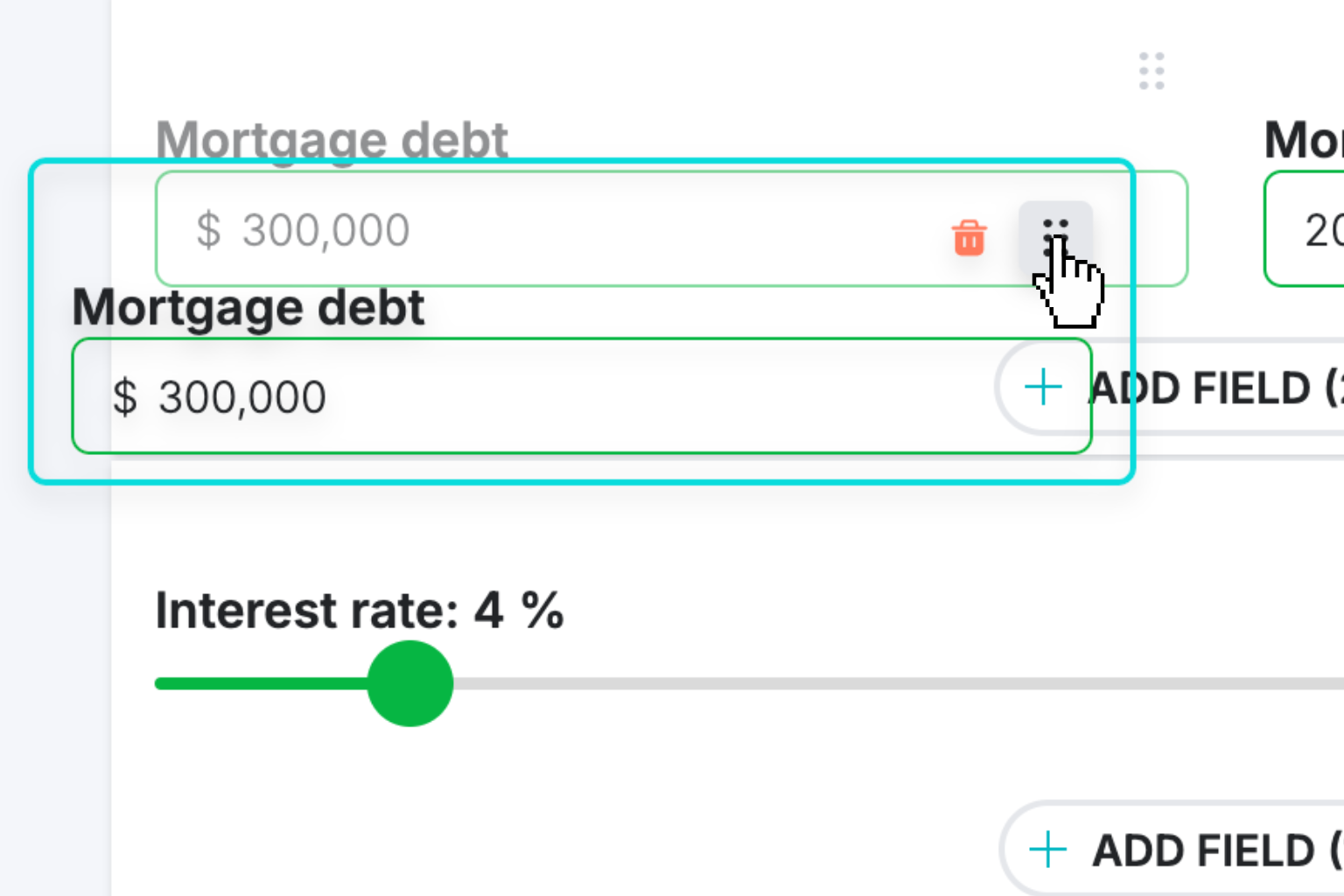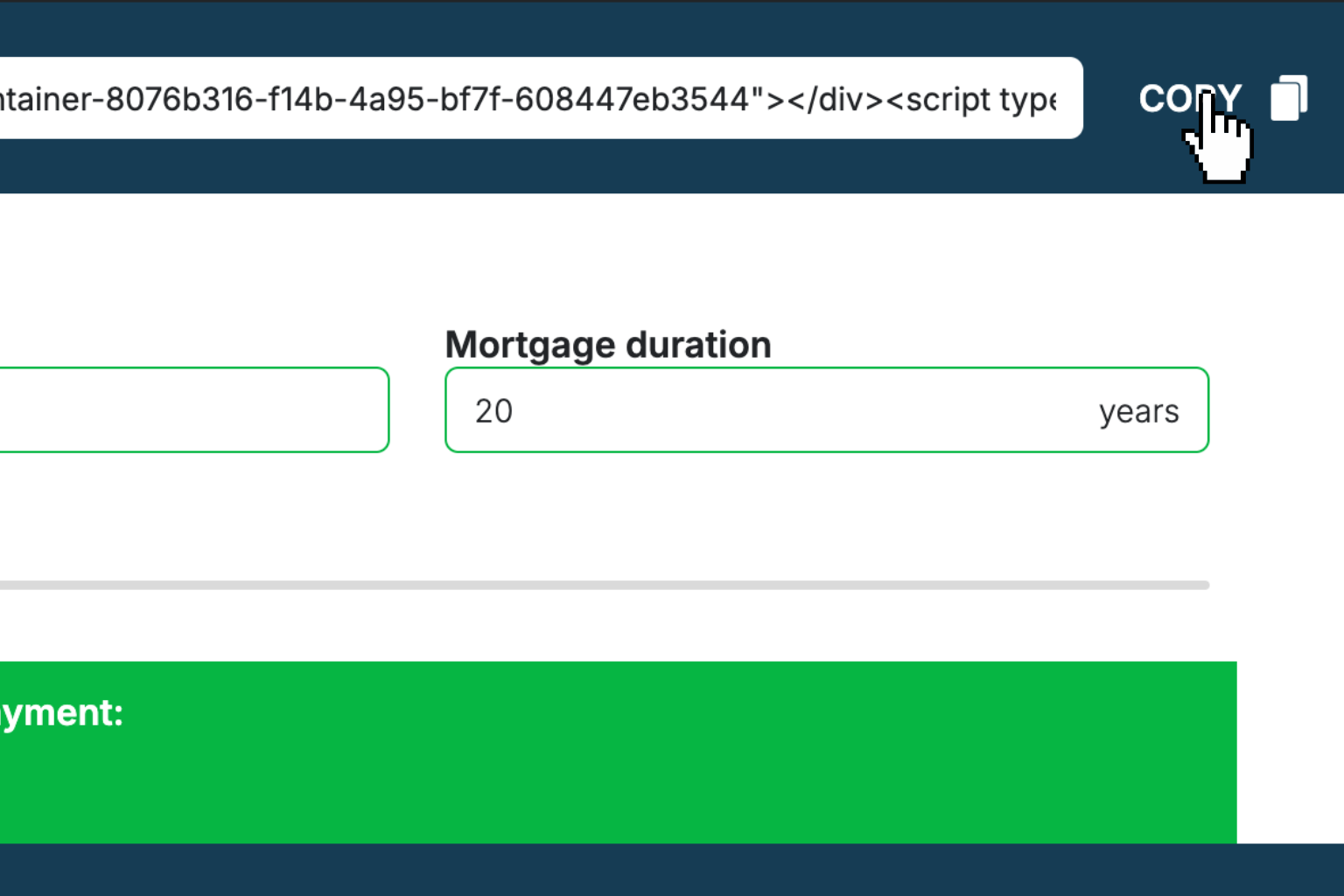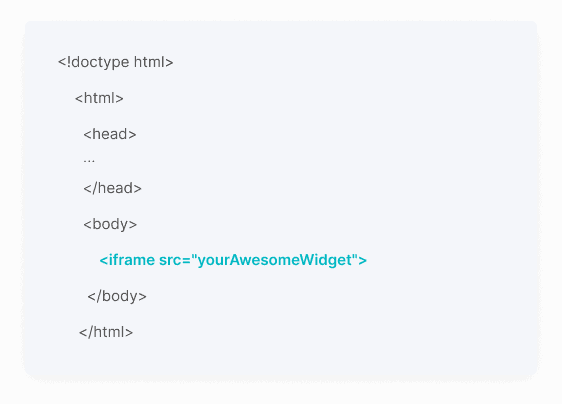Break-Even Point Calculator
Find out exactly how many units you need to sell to stop losing money and start making profit.How Break-Even Point Calculator Works
Break-even analysis is the financial sweet spot where your business stops bleeding money and finally starts making it. It tells you exactly how many products you need to sell to cover all your costs — both the fixed expenses that never go away (like rent and salaries) and the variable costs that change with each sale (like materials and shipping).
The calculation is straightforward but powerful. You take your fixed monthly costs and divide them by your contribution margin (the profit you make on each unit after covering variable costs). This gives you the exact number of units you must sell to break even. Sell one more unit beyond that point, and congratulations — you're officially making profit.
This isn't just academic math; it's essential for real-world business decisions. Whether you're pricing a new product, planning your marketing budget, or pitching to investors, knowing your break-even point helps you make smarter choices based on actual numbers rather than gut feelings. It's particularly crucial for startups and new product launches where every dollar counts.
Break-Even Point Calculator Formula Breakdown
Formula
Break-even point (units) = Fixed costs ÷ (Revenue per unit - Cost per unit)
Break-even point (revenue) = Break-even units × Revenue per unit
Contribution margin per unit = Revenue per unit - Variable cost per unitVariables Explained
- Revenue per unitThe selling price you charge customers for each unit of your product or service. This should reflect your market research and competitive positioning. Make sure this price covers your costs and provides a reasonable profit margin — pricing too low can trap you in a cycle of selling more just to break even.
- Cost per unitThe variable expenses directly tied to producing or delivering each unit, such as raw materials, packaging, shipping, or direct labor. These costs change proportionally with your sales volume. Don't forget smaller items like payment processing fees or packaging materials — they add up quickly.
- Fixed costsMonthly expenses that remain constant regardless of how much you sell, including rent, salaries, insurance, utilities, and equipment payments. Calculate these on a monthly basis even if some bills are paid quarterly or annually. Include often-overlooked costs like software subscriptions, professional services, and minimum service fees.
Example Calculation
Given:
- Revenue per unit: $15
- Cost per unit: $5
- Fixed costs: $20,000
Calculation:
Contribution margin per unit: $15 - $5 = $10
Break-even point in units: $20,000 ÷ $10 = 2,000 units
Break-even point in revenue: 2,000 × $15 = $30,000Result:
2,000 units generating $30,000 in revenueExplanation
This example shows a small business that needs to sell 2,000 units monthly to cover all expenses. Each unit sold beyond 2,000 contributes $10 directly to profit, making unit 2,001 the first profitable sale of the month.
Tips for Using Break-Even Point Calculator
- 💡Add a 10-15% buffer to your break-even calculation to account for unexpected expenses or slower-than-expected sales — this safety margin can save your business during tough months.
- 💡Review your break-even analysis monthly, especially if you're adjusting prices, changing suppliers, or adding new costs. Small changes in pricing or costs can significantly impact your break-even point.
- 💡Use break-even analysis to test 'what-if' scenarios before making major decisions. How would a 10% price increase affect your break-even point? What about adding a new employee or moving to a more expensive location?
Make Your Own Web Calculator in 3 Simple Steps
Create Interactive Calculator
Design your interactive calculator in under 5 minutes using our drag-and-drop builder.Preview & Generate Embed Code
Review your calculator and copy the embed script when you're satisfied with the results.Embed Calculator Into Your Website
Paste the code into your website's HTML. Works on WordPress, Shopify, Wix, and any platform. EugenCreator of Creative Widgets
EugenCreator of Creative Widgets“After 10+ years in digital marketing, I’ve built calculators that drove thousands of new leads for clients. I realized one thing: calculators convert. They're killer for CRO and great for SEO. That's why I built Creative Widgets—an easy, no-code calculator builder. ”
It's free. Try it out. You'll like it.




